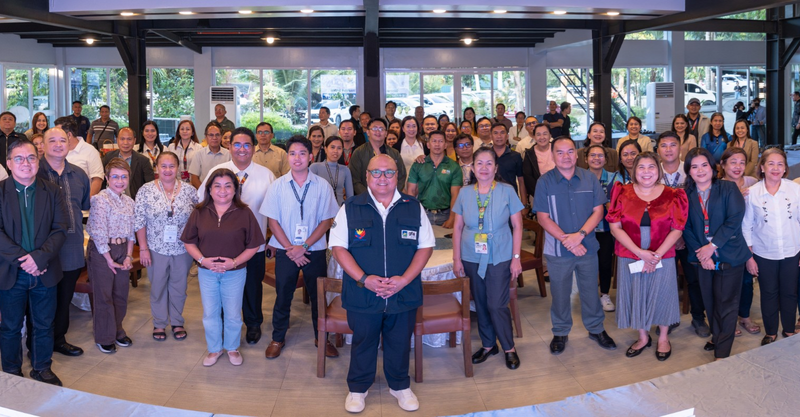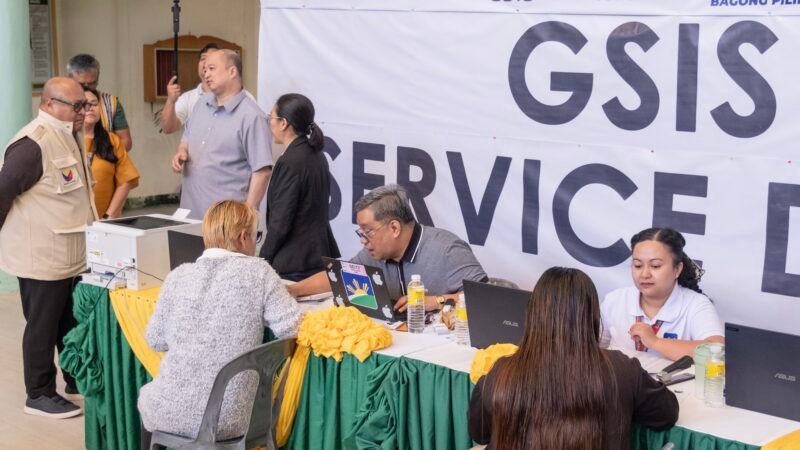Australian writer detained in China denies spying
An Australian writer detained in China for 19 months on spying charges has insisted he is innocent, his lawyer told AFP Friday, after being allowed to see his client for the first time.
Beijing has said little about the case of Chinese-born Yang Jun — who also goes by the pen name Yang Hengjun — since he was taken into custody in January last year during a rare visit to China, prompting Australian government protests.
Yang’s case is one of many points of tension between China and Australia, with the two sides at loggerheads over trade and the coronavirus, and competing for influence in the Pacific.
“He denies the prosecution’s allegations of espionage,” lawyer Shang Baojun told AFP after the hour-long visit.
China’s foreign ministry said Friday it will “act strictly in accordance with the law, fully protecting the legal rights of relevant personnel”. A spokesman did not address the issue of Yang’s being held incommunicado.
Yang is one of a string of foreign nationals to have been arrested in China on allegations of spying.
Shang said the case was currently under review by Beijing legal authorities, who will decide whether to formally charge Yang.
Australia’s ABC news reported Thursday that Yang had called his situation “political persecution” in a message to family and supporters, and had spoken to Australian consular officials via video link.
He said in the message that he was “innocent and will fight to the end”, adding he would “never confess” to something he had not done, ABC said.
Australian Foreign Minister Marise Payne decried China’s treatment of Yang as “unacceptable” last December, saying he was not being allowed access to lawyers and had been interrogated while shackled.
The visit by Yang’s lawyer follows the recent arrest of another high-profile Australian citizen.
Cheng Lei, an anchor for China’s English-language state broadcaster, has been held since at least August 14 but Australian diplomats say Beijing has given no reason for her detention. (AFP)



